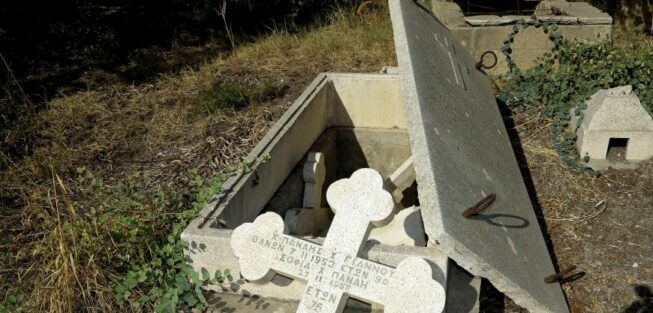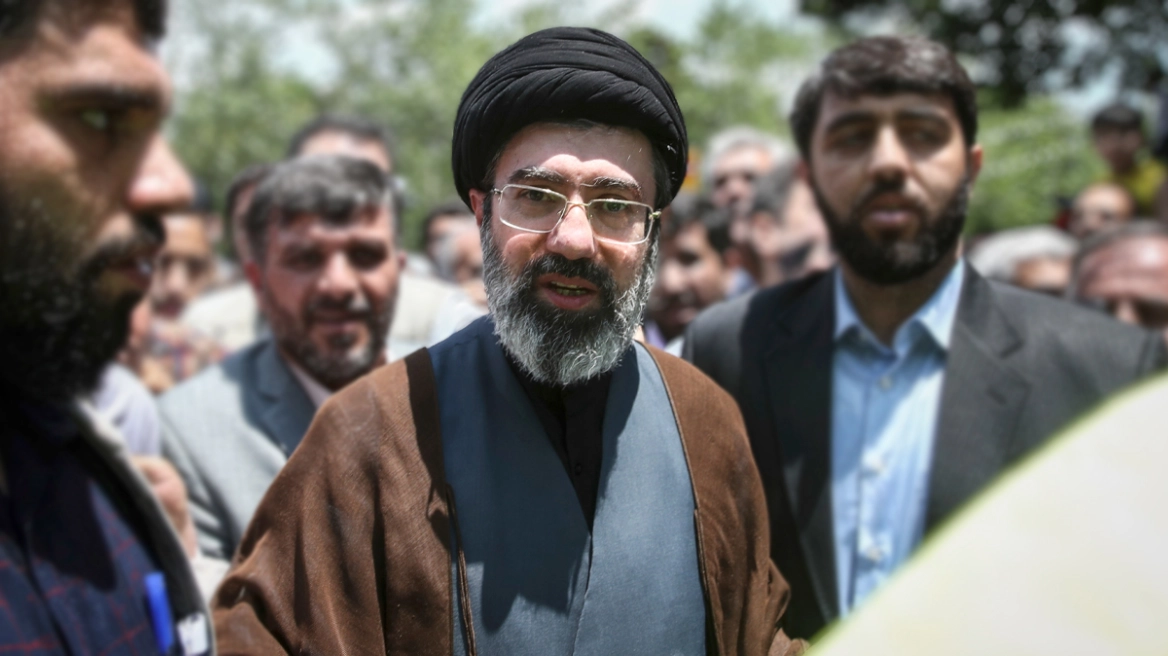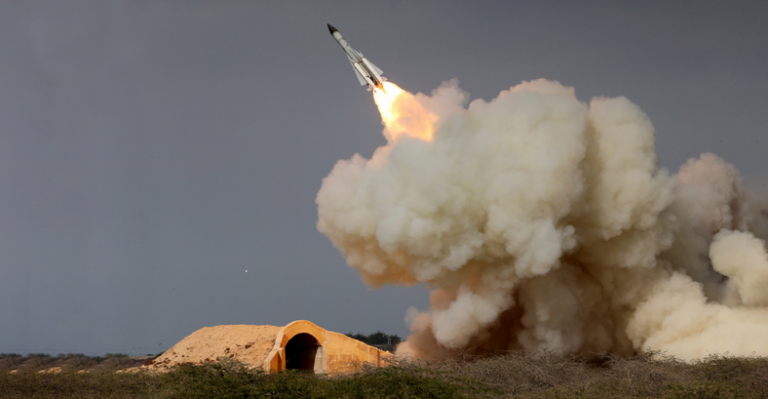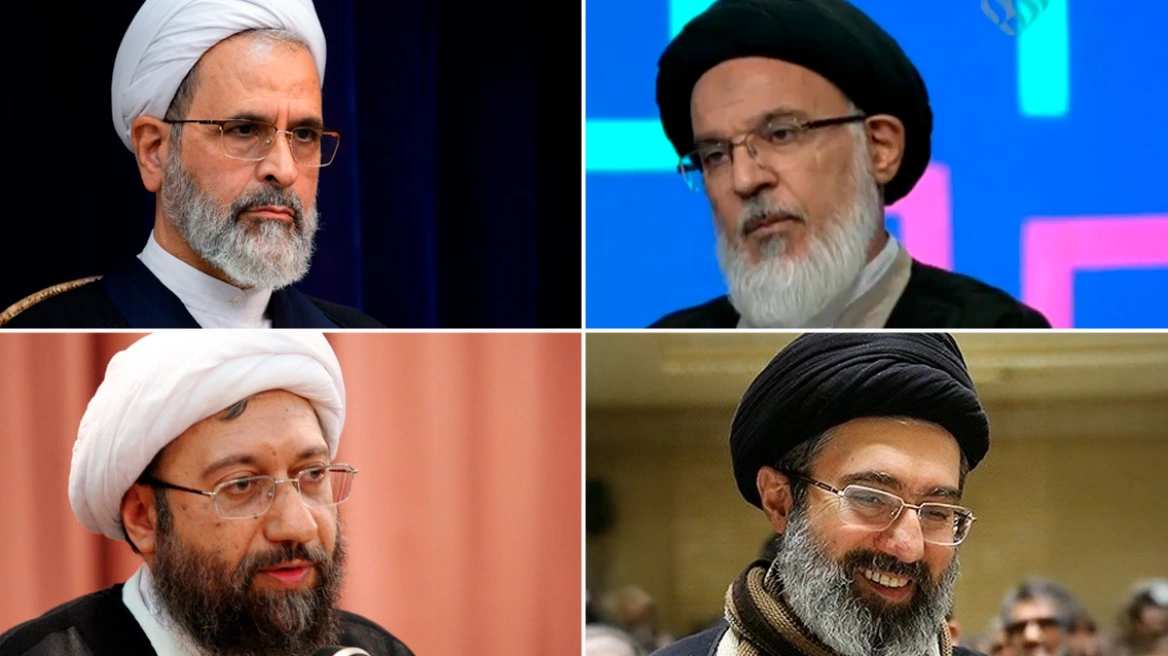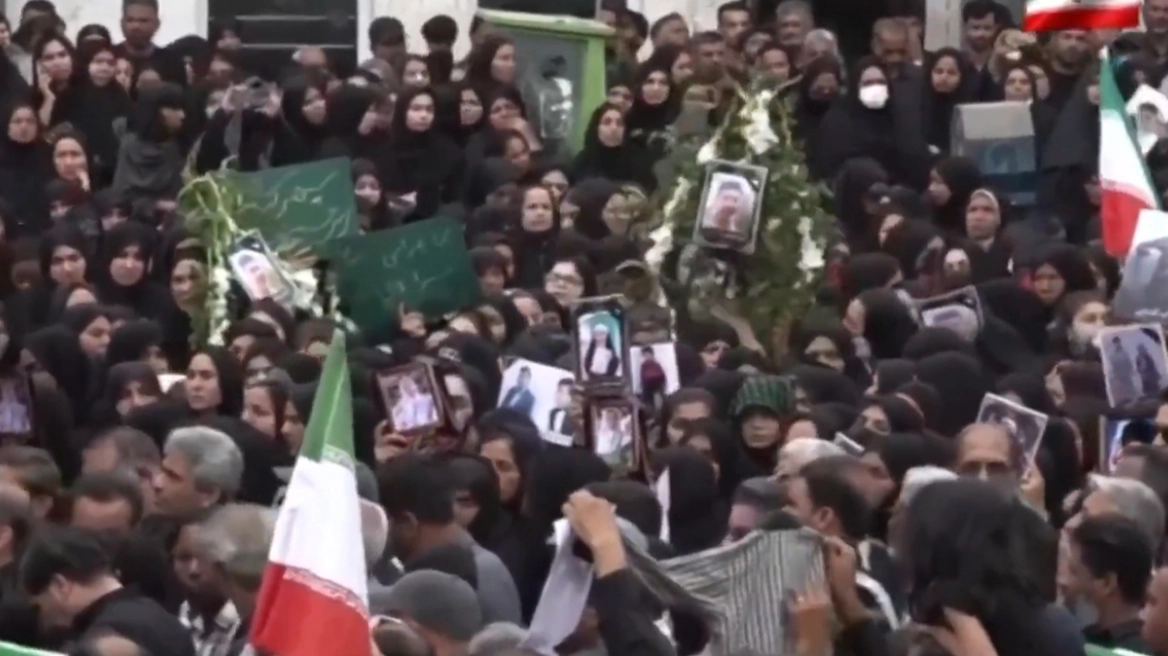Once upon a time, tourists in Turkey eagerly made their way to Hagia Sophia-a historic architectural marvel shimmering with the golden light of ancient mosaics. Although marred by many centuries, images of Jesus, Mary and John the Baptist reflect the spirit of a fledgling Christian world. In fact, Turkey’s earliest churches are recalled in the New Testament itself—in Antioch, where St. Paul began his missionary journeys, and in the Seven Churches portrayed by St. John in his Book of Revelation.
Christianity once flourished in Turkey, until the Ottoman Empire’s 1915 genocide of Armenians, Assyrians, Greeks and other Christians. Now the Islamist regime of President Recep Tayyip Erdogan and his neo-Ottoman agenda has magnified Turkey’s anti-Christian hostility. Since a failed coup attempt in 2016, the regime intensified its scapegoating of Christians, while occasionally making deceptively amiable gestures toward them.
In July 2020, Erdogan officially declared that Istanbul’s Hagia Sophia—beautiful mosaics and all—would once again become a mosque. Erdogan announced that this would gratify “the spirit of conquest” of Mehmet II, the Ottoman sultan who captured Constantinople from the Christian Byzantines in 1453, and turned the church of Hagia Sophia into a mosque.
Roland Garros: Maria Sakkari makes history – She qualified for the semifinals! (photos)
That, and the transformation of Istanbul’s beautiful Chora Church of the Holy Saviour, merged into a swelling stream of Turkish Christian churches being confiscated, shuttered, torn down, or converted into mosques .
Troubles within the Greek Orthodox patriarchate and a disputed election of the Armenian Orthodox patriarch have also sounded international alarms. But even more troubling are the enmity and abuse displayed by the regime toward Christians themselves, both as faith groups and individuals.
Read more: Newsweek
Ask me anything
Explore related questions
